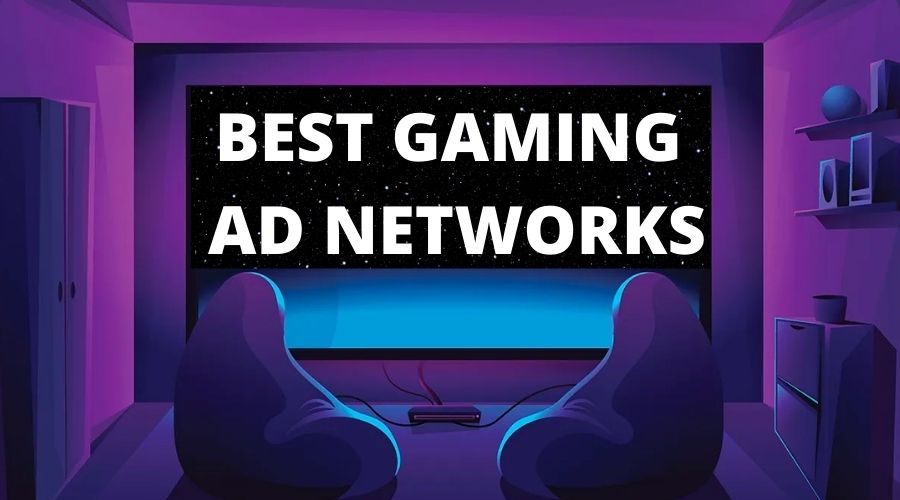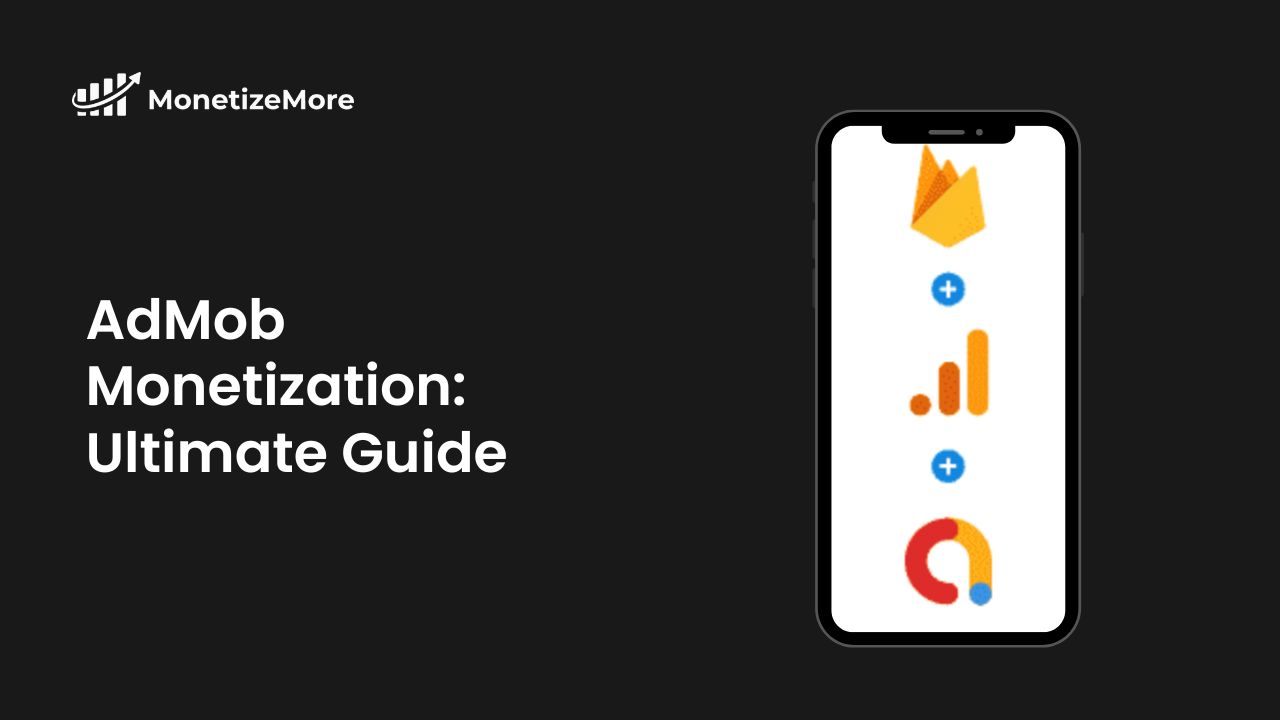Sign up today and see the results for yourself!
Want to speed up your verification process?
Share a screenshot of your ad revenue from the past 3 months.
This post was most recently updated on March 11th, 2025
App Tracking Transparency (ATT) was introduced with iOS 14.5. Launched back in April 2021, ATT includes a requirement that developers of apps ask permission from you before gaining access to your advertising ID that tracks your app and website activity.
While the framework for Tracking Transparency was introduced before iOS 14.5, leading to popups requesting permission on phones with previous versions, iOS 14.5 marked a deadline for compliance by developers.
It should also be noted that there is a requirement that developers not seek or implement workarounds to this rule using their own or third-party, non-approved tools.
In addition, users can skip this step altogether if they turn off the ‘Allow apps to request to track’ feature in the settings. Newly-downloaded apps would then not even get the chance to ask the user if trackers are OK.
Facebook was not particularly keen on the idea, although as this article notes, Facebook hasn’t been keen on many of Apple’s ideas recently, and for mostly the same reason; targeted ads mean bigger revenues.
Switching off all user targeting unless the user specifically allows it means advertisers are buying blind, and they won’t pay the same rate for an ad that they have no control over compared to one that they could be reasonably confident would be shown to someone in their target demographic.
Facebook took out full-page ads in several major US newspapers saying that they intended to ‘stand up’ to Apple, citing the growing number of small businesses that now use personalized ads on social media and the revenue losses they could face as a result of not being able to target potential customers as effectively.
Google has made changes to its own requirements for Android developers although it hasn’t followed the same permission route; its merely updated what kind of information is shown to users about what is collected and will be initiating a new ‘safety section’ showing, amongst other things, what encryption is used, family safety level, independent verification and the options for data deletion upon uninstall.
End users have been more positive about Apples’ Tracking Transparency, at least according to Tim Cook, Apple’s CEO. He has been reported as saying “We’ve been getting quite a bit of customer reaction, positive reaction to being able to make the decision … on whether to be tracked or not.”
This could be caused partly by a lack of understanding about what trackers do, or how they can be of benefit both to businesses and themselves in terms of cutting out irrelevant ads.
It’s also true that users, in general, are now more aware that their data is being used, even if there isn’t so much understanding around the how or why.
As Gizmodo reports (via the Financial Times), the feature has cost tech giants YouTube, Facebook, and Twitter a combined $10bn of revenue, and that number might be conservative. Publishers of content on these platforms will also have lost vast sums.
In terms of numbers of users opting out of tracking – or rather, not opting into it – could be as low as 4% in the US and 12% worldwide. Mobile advertising spend isn’t decreasing (it’s set to reach $275bn in 2021) but advertisers and marketers are shifting focus.
Facebook and other social media companies can and probably will rewrite their apps extensively but there is a worry that apps will use other ‘fingerprinting’ methods to track users.
Tracking Transparency refers only to the IDFA (ID For Advertisers); a unique identifier to which details of the profile are attached. If developers can use other details stored on the phone to identify users, they may be able to work around ATT.
It’s also important to note that the IDFA is still created and stored, and still usable by Apple; their revenues are showing no signs of slowing.
It seems likely that this will not be the end of the story, with Facebook and Apple completely at odds over the issue, and we’ll keep you updated as things develop.
![Why Apple's App Tracking Transparency policy cost tech giants almost $10 billion in revenue [SHOCKING!] MonitizeMore Why Apple's App Tracking Transparency policy cost tech giants almost $10 billion in revenue [SHOCKING!] MonitizeMore](https://www.monetizemore.com/wp-content/uploads/2026/02/ally.png)
With over ten years at the forefront of programmatic advertising, Aleesha Jacob is a renowned Ad-Tech expert, blending innovative strategies with cutting-edge technology. Her insights have reshaped programmatic advertising, leading to groundbreaking campaigns and 10X ROI increases for publishers and global brands. She believes in setting new standards in dynamic ad targeting and optimization.



10X your ad revenue with our award-winning solutions.